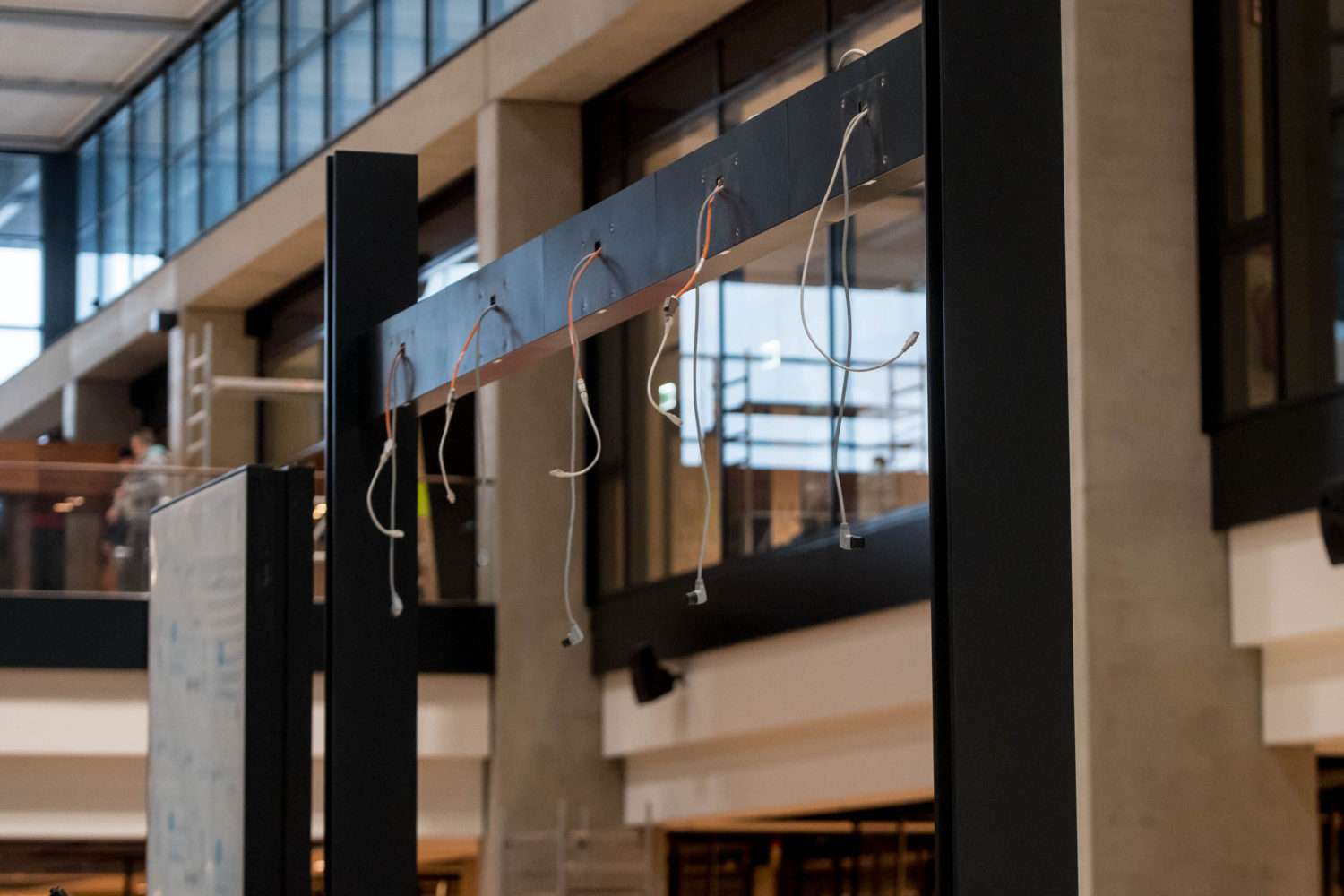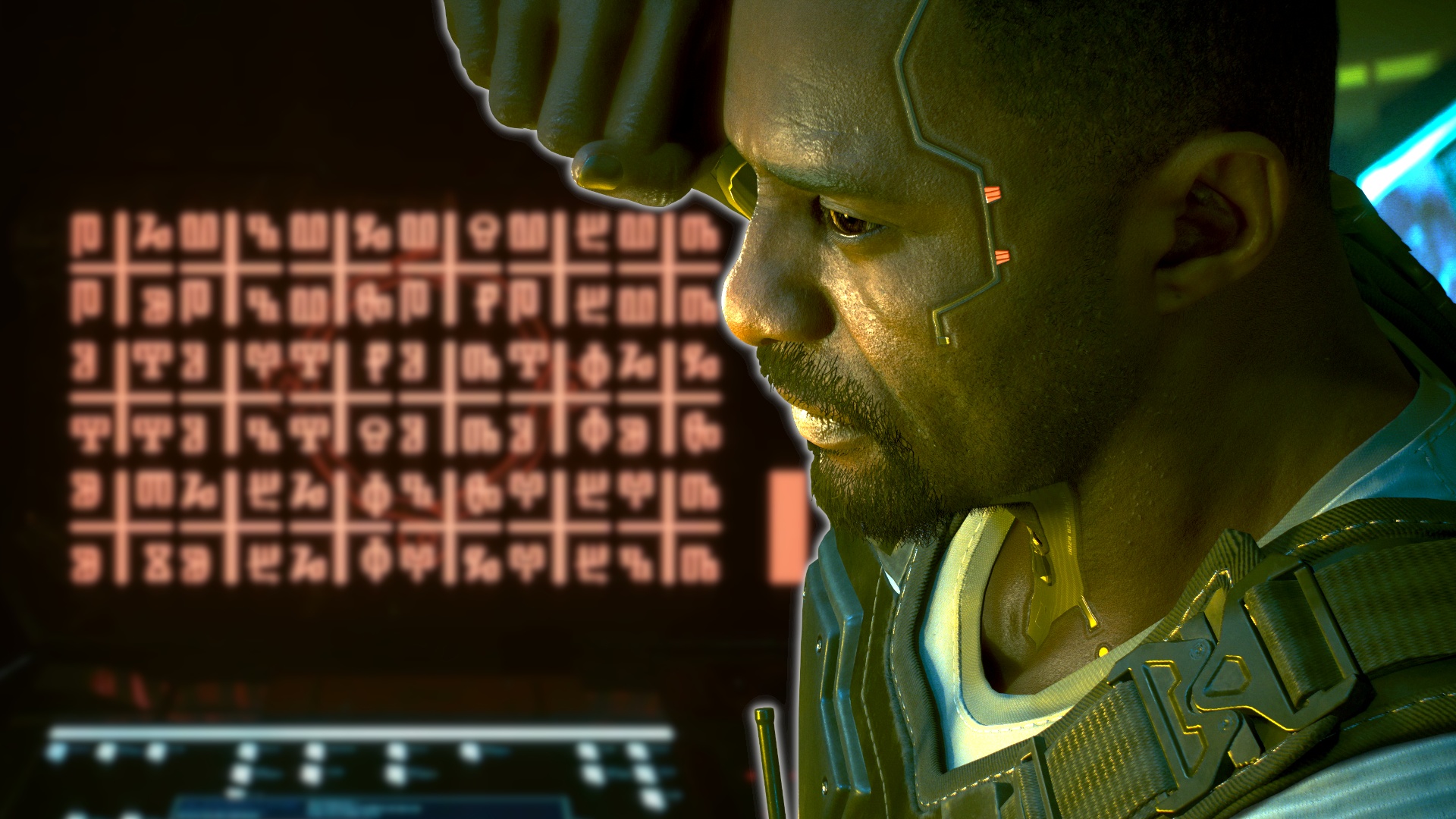#Doctor Who Season 12 Shows How To Respond To Fan Criticism -BB
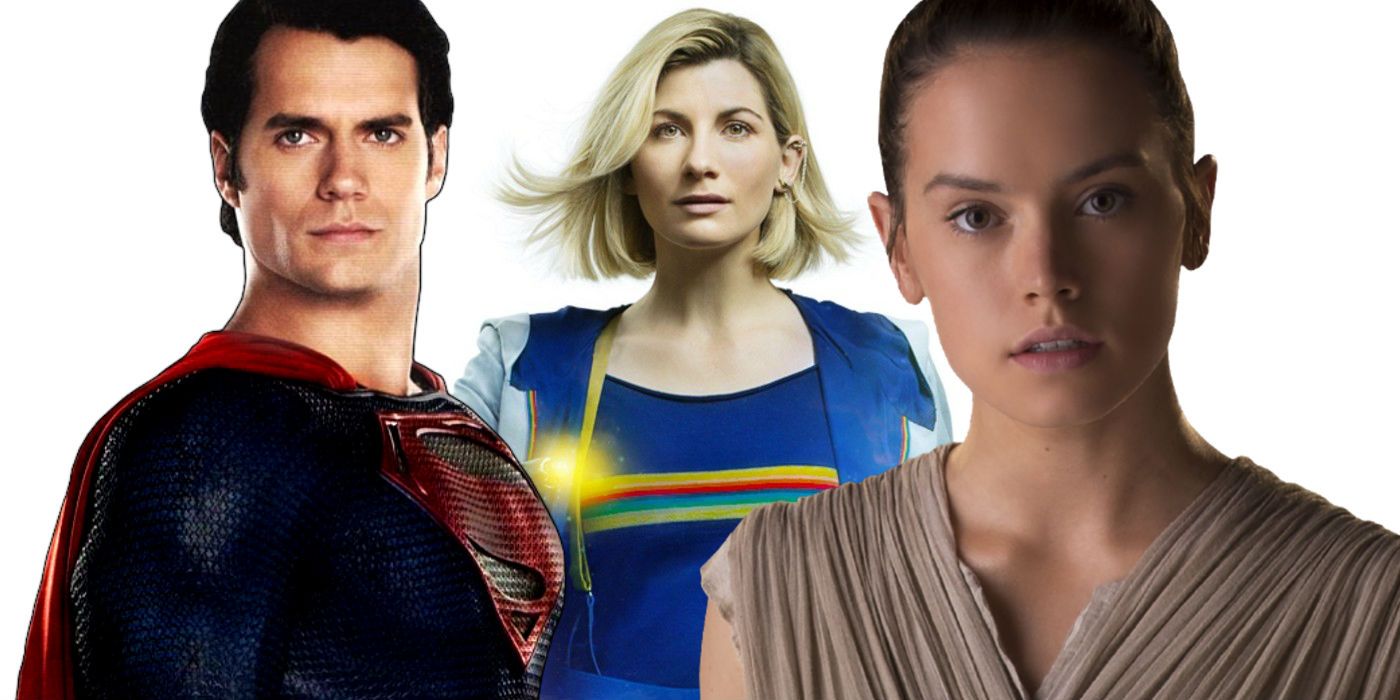
Doctor Who season 12 has found a balanced way to respond to fan criticism that other franchises have struggled to achieve. Currently barreling towards its midway point, Doctor Who season 12 is generally considered to be an improvement on Jodie Whittaker’s first season behind the TARDIS controls, although there have been a few wibbly-wobbly ups and downs along the way. The opening „Spyfall“ two-parter was widely touted as the best Thirteenth Doctor adventure to date, but the following „Orphan 55“ panned for being contrived and preachy. Fortunately, fan and critical opinion bounced back for a historical Nikola Tesla adventure, keeping Doctor Who season 12 on a relatively strong course.
Certainly, there is a more positive buzz around Doctor Who’s current run than was afforded to season 11. Although Whittaker’s debut (and the new Doctor herself) mostly attracted acclaim, Chris Chibnall’s first season as showrunner was undoubtedly the most divisive since Doctor Who returned to TV in 2005.
In the lengthy gap between seasons, some of the more extreme detractors claimed that the new guard wouldn’t last, and that Doctor Who might soon revert to the status quo in order to avoid cancellation after ratings fell across season 11. However, the new episodes prove any rumors of the Doctor’s demise have been greatly exaggerated, and although there may remain concerns over domestic ratings, the BBC are evidently happy with the direction the Doctor is heading in; but this doesn’t mean that the criticism hasn’t been taken on board. Here’s how Doctor Who showed other franchises how to respond to fan criticism.
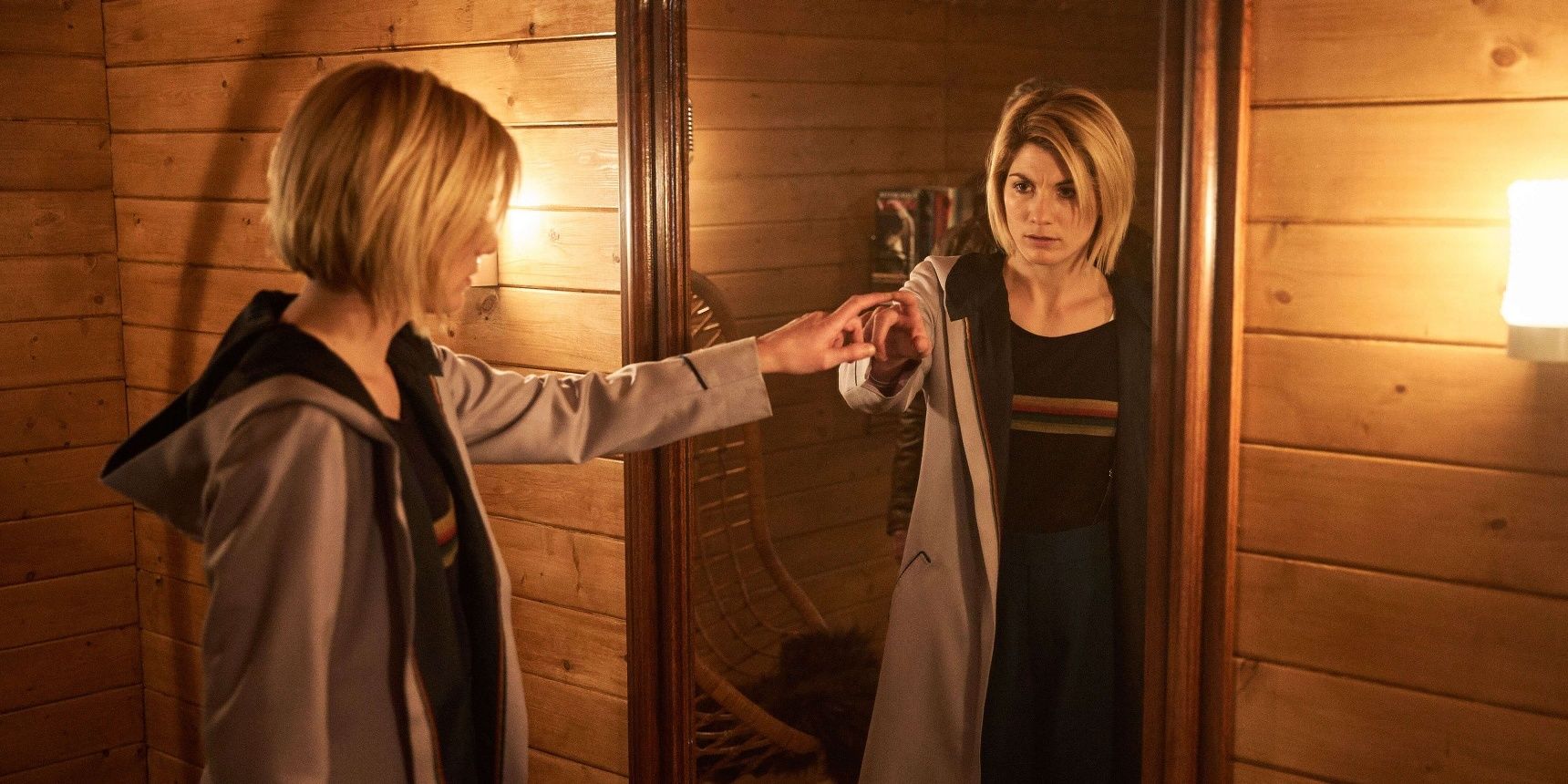
Broadly speaking, there were 3 camps of opinion with regards to Doctor Who season 11. There were many who really enjoyed the fresh approach Chris Chibnall brought to the iconic franchise. The new showrunner performed a soft reset after taking over from Steven Moffat and everything from the cinematography and music to the TARDIS dynamic was shaken up – a change some felt was a long time coming. Jodie Whittaker was hailed as the incoming Doctor and the „Rosa“ episode found itself drawing plaudits from fans old and new. Almost everyone loved Bradley Walsh as the rough-around-the-edges but unerringly loyal Graham, and the more cinematic direction offered a polished visual sheen that past seasons lacked. Unfortunately, it wasn’t all smooth time vortex sailing.
Among the various criticisms Doctor Who season 11 endured, perhaps the most frequent was that Chiball’s vision didn’t feel like Doctor Who – an understandable viewpoint considering the wholesale changes that were made. Indeed, season 11 appeared to deliberately distance itself from Doctor Who’s past. There were no familiar villains until the New Year’s special finale, the Time Lord lore introduced was mostly fresh, rather than echoing the established mythology, and the Doctor was sporting a whole new, drastically different persona. Familiar ground was in short supply in Doctor Who season 11, and although this might’ve been a deliberate attempt to entice new fans into the franchise, it did also alienate some who had lived with the Doctor through several (re)generations.
Predictably, there were some who took less of an issue with season 11’s stories, tone and direction, and were more concerned with its social politics. A certain contingent simply couldn’t get around the notion of a female Doctor and maintained that Jodie Whittaker’s presence was ruining the franchise by virtue of not being male. Similarly, Doctor Who’s new cast was described as being overly-diverse by a vocal minority and the phrase „too PC“ was a common slur online. Away from the characters, Doctor Who’s moral messages and subtext were also attacked for being too preachy, with Whittaker’s Doctor arguably the most pacifistic regeneration yet.
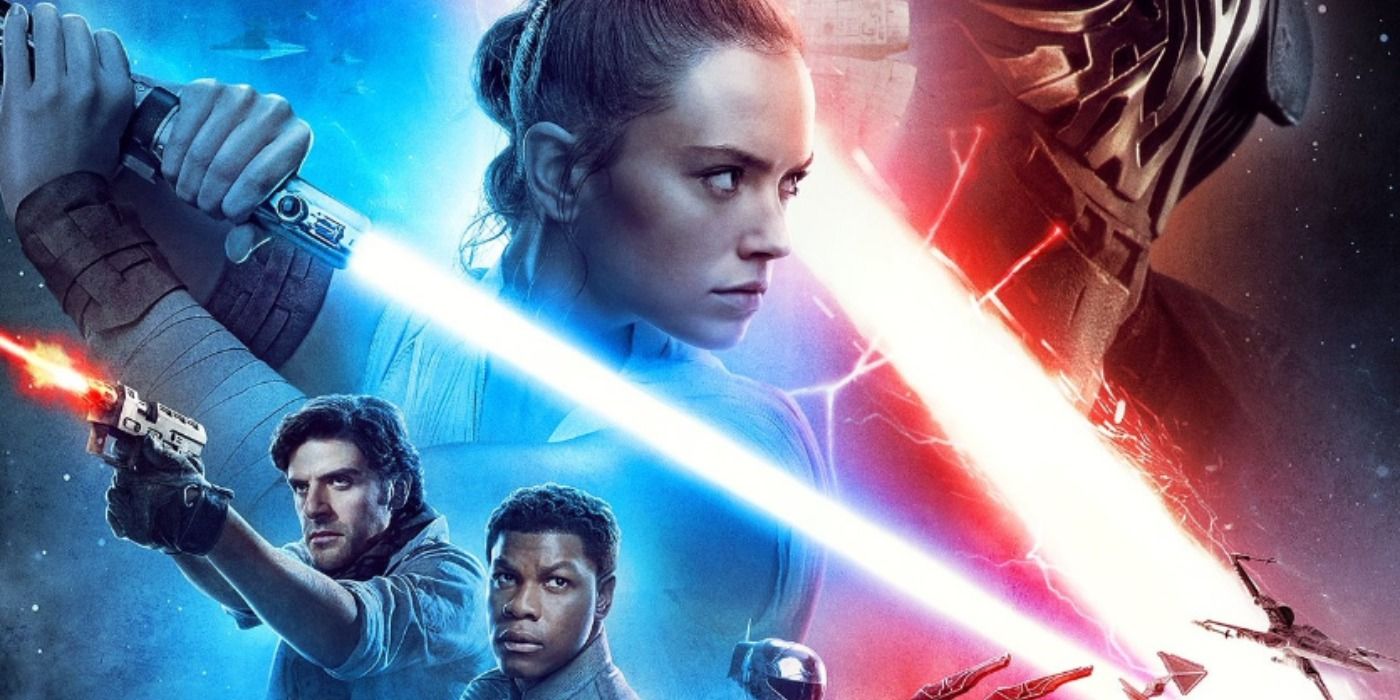
Social media has drastically changed how critical opinion on movies and TV shows is formed. In the smartphone age, everyone can voice their take and are given a public platform to do so; naturally, there are both pros and cons to this situation. While it’s certainly easier to gauge how audiences feel about a new release, opinions are formed with such immediacy that movies or TV episodes are culturally judged as soon as they’re released, where film reviews and word of mouth used to take some time to trickle down into the general viewership. This setup has completely altered how movie studios respond to criticism. As seen with Cats and Sonic the Hedgehog, it’s becoming increasingly common to rework a movie after completion, and reshoots now seem to be standard practice, where once they were a last resort fix.
The change in how fans share their opinions has drawn varying and extreme reactions from studios. On one end of the spectrum, 2017’s Justice League has been one of the biggest movie stories of the past few years, thanks largely to the Snyder cut. After disappointing in reviews and bombing at the box office, fans caught on that an alternative, original cut from Zack Snyder might exist, and social media has been used to spread a massive campaign for that version of the film to be released. Even though the Snyder cut is now confirmed to be real, Warner Bros.‘ response to the deafening calls has been to put their fingers in their ears and pretend everything is fine. Not only has Warner refused to even acknowledge the Snyder cut, but they’ve regularly doubled down on their own version of the film by featuring it prominently in marketing.
Shifting to the opposing extreme, the Star Wars sequel trilogy allowed fan opinion to directly influence the course of its story, even to the detriment of the franchise. Rian Johnson’s The Last Jedi was a highly divisive film and, just like Doctor Who season 11, fans were unhappy that the tone wasn’t always in keeping with what came before. Disney were so concerned about the negativity shown towards The Last Jedi, they brought J.J. Abrams back to direct the final installment, replacing Colin Trevorrow. The resulting The Rise of Skywalker was a clear attempt to undo The Last Jedi, completely shifting the reveal of Rey’s parentage, reframing the emphasis of ending the Jedi and relegating Rose Tico to little more than an extra. Even some who didn’t like The Last Jedi were irked at how Disney tried to write the film out of existence, and this approach contributed to The Rise of Skywalker feeling rushed and overstuffed with exposition.
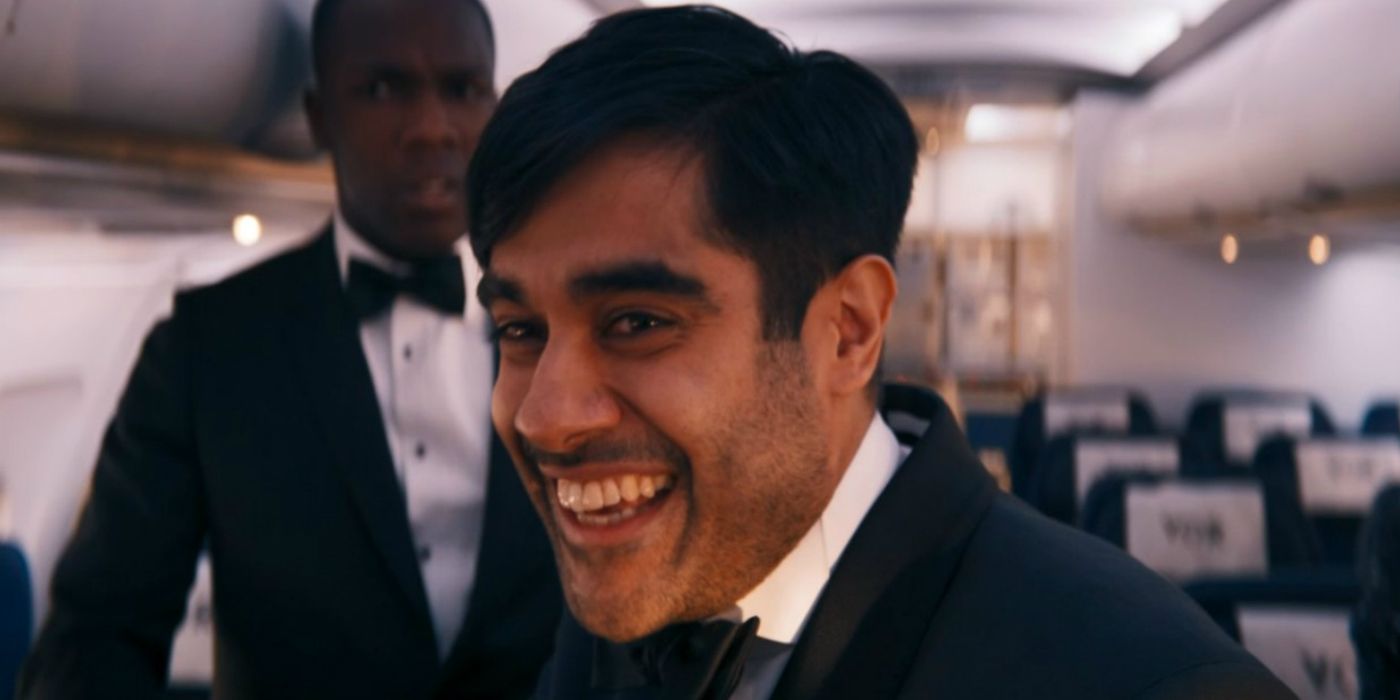
With Warner Bros. refusing to believe that anything is wrong with their Justice League movie and Disney prioritizing appeasing fans over telling a cohesive story, there must be a middle ground where fan opinion is addressed in a way that improves the product, and Doctor Who season 12 has achieved exactly that.
One of the biggest criticisms after Chris Chibnall took over Doctor Who was the lack of recognizable villains, and the show has since responded with Daleks, Cybermen, the Master and the Judoon, with potentially more to come in the remaining episodes of season 12. Furthermore, Jodie Whittaker’s Doctor is beginning to feel more integrated with the character’s long history than in the isolated season 11. Her dramatic return to a desolate Gallifrey proved to be a pivotal moment for the Thirteenth Doctor and various references and Easter eggs to the classic series (Tom Baker’s regeneration, for example) help anchor Doctor Who in the past, rather than ignore it. Thematically and tonally, season 12 is far more consistent with the Davies and Moffat eras, addressing another major criticism from Whittaker’s debut run.
But while it’s clear that Doctor Who has listened to fans and attempted to answer some of the issues expressed after season 11, Chibnall has clearly drawn a number of red lines indicating what must not change and stood by some additions that weren’t universally well-received. There’s absolutely no toning down of the Doctor’s new femininity, for example, and the latest episodes contain several pointed barbs towards those who couldn’t get behind a female Doctor. While this isn’t necessarily a surprise, Doctor Who has also been distinctly unapologetic about the perception of being overtly politically correct.
Aside from breaking new ground by casting an actor of Indian descent as the Master, Doctor Who season 12 has continued its feminist undertones and social commentary and even though this might’ve been somewhat mishandled in „Orphan 55,“ the fact that Chibnall continues with his moral leanings in the face of criticism is something to be applauded. Despite a common misconception to the contrary, Doctor Who has always been a politically aware series and championed values of equality. This might not be universally popular in the era of Trump and Brexit, but to dial back Doctor Who’s morality in response to online criticism would betray the show’s history more than honor it. To keep this spirit in place while giving ground on some of the more constructive criticisms shows Warner Bros. and Disney another way to deal with negative fan opinion.
Doctor Who season 12 continues with „Fugitive of the Judoon“ January 26th on BBC and BBC America.
If you want to read more Like this articles, you can visit our Social Media category.
if you want to watch movies go to Film.BuradaBiliyorum.Com for Tv Shows Dizi.BuradaBiliyorum.Com, for forums sites go to Forum.BuradaBiliyorum.Com .



